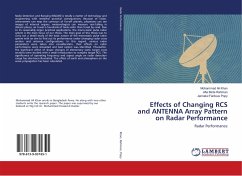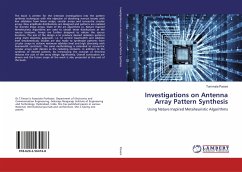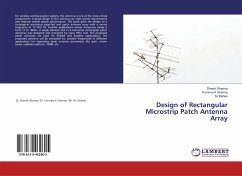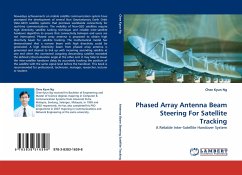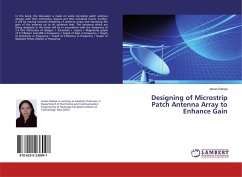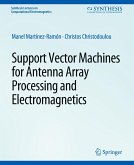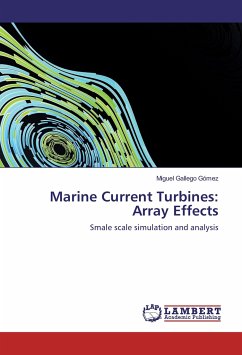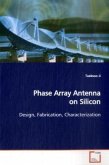Radio Detection and Ranging (RADAR) is totally a matter of technology and engineering with immense practical consequences. Because of radar, astronomers can map the contours of far-off planets, physicians can see images of internal organs, meteorologists can measure rain falling in distant places, air travel is hundreds of times safer than travel by road. Due to its reasonably larger practical applications, the mono-static pulse radar system is the main focus of our thesis. The main goal of this thesis was to carry out a detail study of the basic nature of the monostatic pulse radar system with an aim to find out its performance under changing radar cross section and antenna configurations. In this regard, various radar parameters were taken into consideration, their effects on radar performance were simulated and best option was identified. Thereafter, the significant affect of shape changes of elementary static target cross sections were studied with a small introduction to complex target RCS. The significance of operating frequency and aspect angle on radar detection range has also been illustrated. The effect of earth and atmosphere on the wave propagation has been calculated.
Bitte wählen Sie Ihr Anliegen aus.
Rechnungen
Retourenschein anfordern
Bestellstatus
Storno

